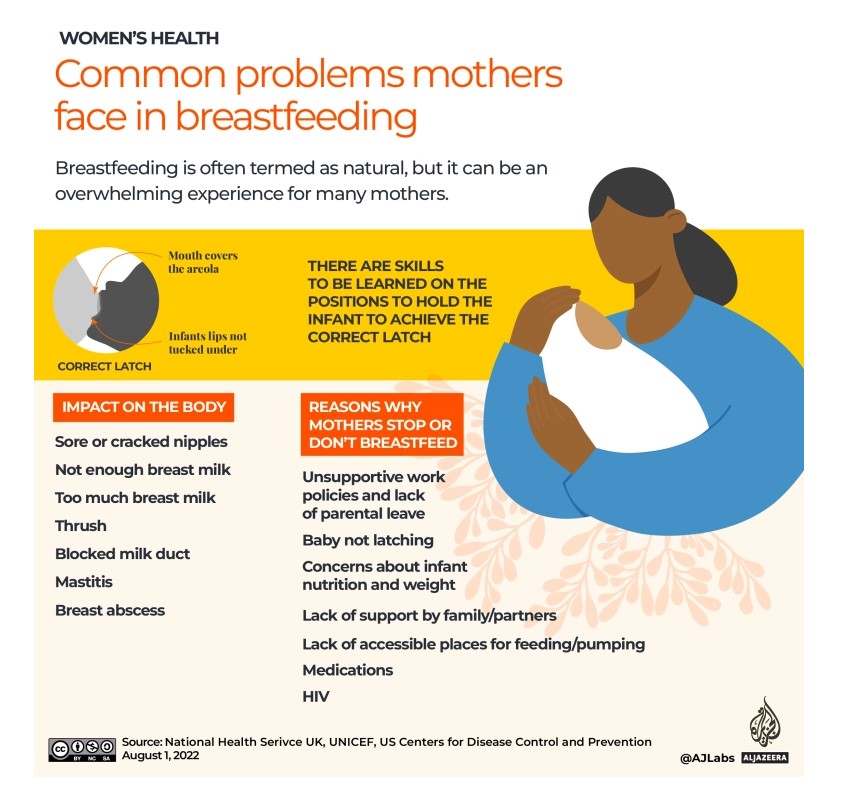World Breastfeeding Week is celebrated from August 1 to 7 every year. This year, the theme is Step Up Breastfeeding Education and Support, aiming to encourage the promotion and support of breastfeeding. This week further highlights how issues such as malnutrition, inequality and social challenges that parents face across the globe. “When parents choose to breastfeed their children, they’re making the most important decision because breastfeeding is not just food for the baby but there is a release of hormones that allows a mother and her baby to bond in a very special way, this is a lifetime gift that a mother can give her baby. A baby feels safe and secure and this provides a healthy start for a baby’s life. I encourage mothers to breastfeed,” says Dr Nomafrench Mbombo, Western Cape Minister of Health. The province’s health department supports the exclusive breastfeeding of babies for the first 6 months of life. However, despite the numerous health benefits for newborns and mothers, breastfeeding is not always easy.
Why is breastmilk important?
According to UNICEF, only 44% of newborns globally, are exclusively breastfed during the 5 months of life. During the first days post-delivery, mothers produce colostrum, which is also known as ‘liquid gold’ because of its gold colour and numerous health benefits. Breast milk is packed with essential vitamins, minerals and nutrients. “You cannot duplicate breastmilk. It’s unique in the properties it contains for nutritional value and is ideal for a baby’s digestion during the developmental stage. Breastmilk is formulated specifically for the baby’s nutritional needs as they grow and develop and changes as the baby’s needs changes,” says Sr Merle van Oordt, Clinical Coordinator for Maternal and Women’s Health. Breastmilk also contains antibodies that protect the baby against diseases and infections such as:
- Sudden infant death syndrome
- Ear infections
- Type 1 diabetes
- Asthma
- Gastrointestinal infections
- Severe lower respiratory disease
It can lower the risk for mothers:
- Ovarian cancer
- Breast cancer
- High blood pressure
- Type 2 diabetes

Even mothers can seek help
The province’s healthcare facilities are able to assist any mother who is struggling to breastfeed their newborn. Motherhood can be especially difficult for those experiencing post-partum depression. This is often occurs because of hormones readjusting. Post-partum depression can look like:
- Mood swings
- Withdrawal from friends and family
- Inability to sleep
- Overwhelming fatigue
- Excessive crying
- Loss of appetite, or eating more than usual
- Fear that you are a ‘bad’ mother
Remember, there are avenues of help to assist – you are never alone.
READ MORE: My pledge for Women’s Month from a grateful man
READ MORE: Minister of Social Development denounces baby dumping, urges public to assist



